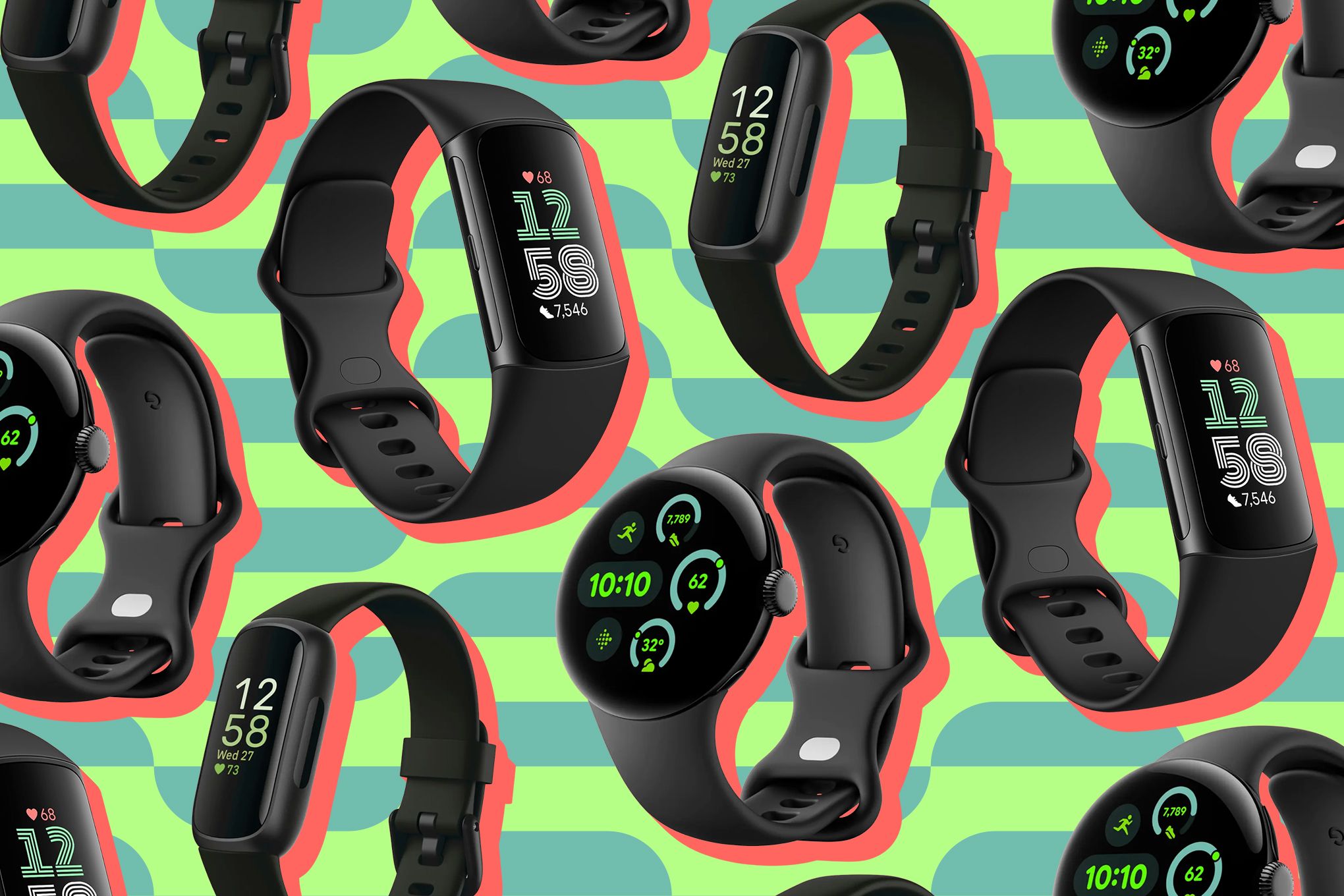TL;DR:
• Google's AI integration transforms Fitbit ecosystem with Gemini-powered recommendations and workout suggestions
• Pixel Watch 3 leads at $270 with advanced running analytics and emergency detection features
• Budget Inspire 3 at $80 maintains 10-day battery life while premium Charge 6 offers FDA-cleared EKG under $120
• Industry transition period as Google phases out legacy Fitbit features while integrating ecosystem services
Google is reshaping the fitness tracking landscape as its comprehensive Fitbit buying guide reveals how AI integration is driving consumer purchasing decisions. The tech giant's Pixel Watch 3 now features AI-generated workout suggestions and Google Gemini integration, marking a decisive shift from traditional fitness tracking to intelligent health coaching that's influencing buyers across all price points.
Google's transformation of the fitness tracking market just accelerated dramatically. The company's latest comprehensive buying guide reveals how artificial intelligence is becoming the decisive factor in consumer fitness tracker purchases, fundamentally altering what users expect from wearable technology. The integration of Google Gemini into the Pixel Watch 3 represents more than just a software update—it's a complete reimagining of how fitness devices interact with users' daily lives.
The Pixel Watch 3 emerges as the crown jewel of Google's fitness strategy, now priced at $270 following recent discounts. Victoria Song's comprehensive analysis reveals that Google has finally stopped playing catch-up to rivals like Apple and Samsung, instead defining new categories entirely. The watch's AI-generated workout suggestions represent a breakthrough in personalized fitness coaching, moving beyond simple step counting to provide intelligent, contextual health recommendations.
What sets this apart from traditional fitness trackers is the seamless ecosystem integration. According to The Verge's testing, users can now view Nest doorbell feeds, control Google TV, and access offline Google Maps directly from their wrist. This level of integration creates a compelling value proposition that extends far beyond fitness tracking into comprehensive lifestyle management.












